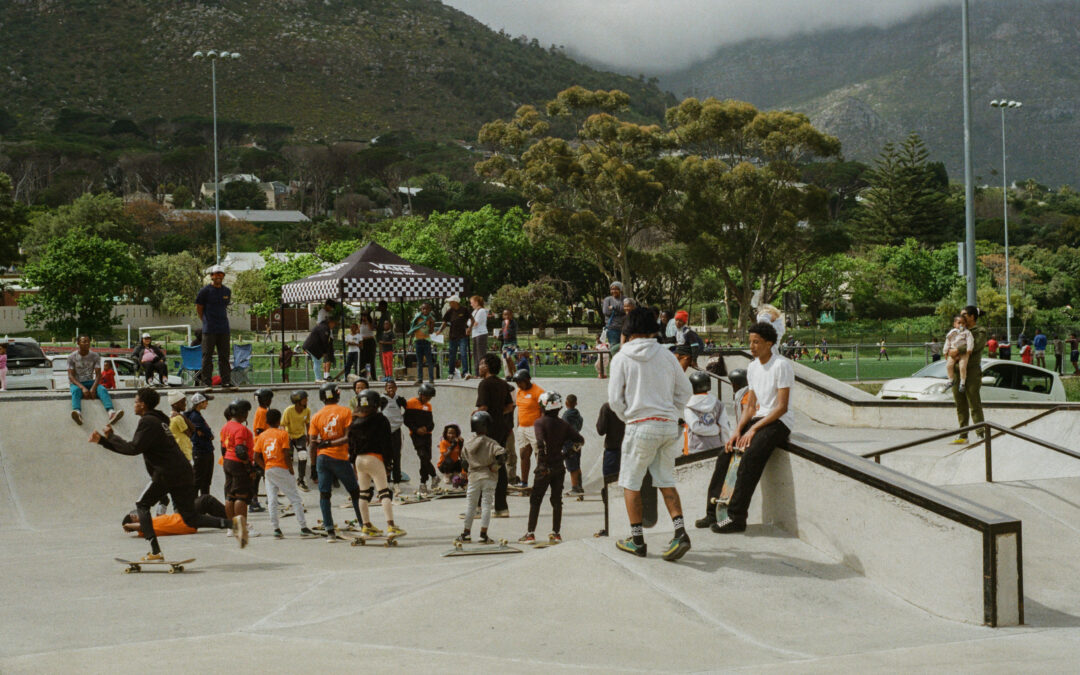Over the years, I’ve found that one of life’s great displeasures is that whenever you are single, it feels like people can’t fathom the idea that maybe it is actually by choice. “What are you looking for?”, “Have you ever met X? I think you’d get along”, “You should go on more dates”, “You need to give people a chance”, or the most dreaded of all, when your grandma asks when you’re going to “settle down”.
See, here’s the thing: I think that in the noise of it all, in the chaos of the individual trying to navigate the collective, we have lost track of the fact that loneliness and being alone are factually very different things. It is so different; in fact, that for this article, I need to take a somewhat two-pronged approach. First, we need to talk about the very serious matter of loneliness before we resume our regularly scheduled broadcasting of funny little anecdotes and hard-hitting one-liners.
Why do I want to separate these terms so starkly, you ask? Well, in truth, the two do not correlate. Whereas being alone is a physical state, loneliness impacts us on an emotional level. We might be surrounded by amazing people, but still feel like we are the only person on the planet. Prisoners to our minds, detached and dejected from the wonder happening around us, caught in a feeling that we are misunderstood or not understood at all, without care, a partner or a community. The statistics regarding loneliness are a rather big cause for concern, with one in four adults across the world reporting that they feel very or fairly lonely. The highest rates of reported loneliness were from respondents between the ages of 19-29 at a staggering 27%. Statistics like these forced the US General Surgeon Dr Vivek H. Murthy to declare loneliness as a US epidemic, but the statistics show that it is by no means contained in the US.

Lonely Plastic Bag DTS
Now, some may say everyone feels a bit lonely at different periods, that it is just “life”, but I’m here to report that it is actually happening at such an unprecedented scale and in such prolonged periods of time that the emotional turmoil of the loneliness epidemic is having a severe impact on our physical well being. It is reported that people between the ages of 15-24 are seeing their friends 70% less than two decades ago. 20 years ago always sounds like the 1980s, but we’re actually talking about the mid-2000s here, the same year Mean Girls was released. The stats get even more troubling: there is a 29% increased risk of heart disease; a 32% increased risk of stroke; and a 50% increased risk of developing dementia for older adults. Dr Murthy even went to the lengths of saying that the health risks simulate smoking 15 cigarettes a day and have a more profound impact on your health than obesity or physical inactivity.
This may explain why people are so apprehensive towards those of us who choose to be alone or are simply content with being alone for extended periods, especially given that humans are inherently creatures of community. As Dr. Eglantine Julle-Daniere puts it, “All our lives are built around a certain amount of social interaction and physical proximity. Even the most introverted of us could enjoy a limited amount of social contact.” Choosing to be alone and being okay with being alone, however, is fundamentally a very healthy state of being. We need to be able to take a step back from the endless drag that modern dating often presents, and we need to be able to take time to be with ourselves and only with ourselves. We all know that friend who is a serial dater. Every story is a messy collection of fights, breakups, and makeup sex, all predicated by a pretty surface-level connection, evident by the fact that they always refer to their partner as simply “this one” online. So we let the serial daters go about their lives, but the ones who choose to be single are the weird ones, apparently?
It’s important to admit that regardless of having a partner, there will always be room for loneliness. According to a study by Harvard, it was reported that around 16% of people in committed relationships still report feeling chronically lonely for a plethora of reasons, including attachment insecurities, amongst the other challenges that love and affection bring. I am no different. Despite super strong support structures, I often feel lonely. That being said, I still think we should defend and protect our individual need for “aloneness”. Even with a partner that I love and a supportive set of friends, family, and colleagues, I often have an inherent need to be alone, quiet, and still. This may also be why the transition from city rat to mountain man has hit like a truck in the last few years. What’s that meme about the pills to hills pipeline?
In my opinion, there isn’t a set path that needs to be followed, no matter how hard society tries to push the “two kids, a pet and the white picket fence” idea. We are all individuals working on our own timelines, which are subject to change at any moment. Two years ago, I was single, very single and living my best life as a proudly self-proclaimed manwhore. I was having fun, meeting people and not taking anything seriously with regard to relationships. I was planning a move to Cape Town and had sort of made up my mind that seeing anyone seriously would only lead to heartbreak. Well, not even a week before my move, my mind shifted utterly when I met my now fiance and soon to be wife. This was most certainly not according to the plan. Before meeting her, I was very content on staying single, and marriage wasn’t even a thought that had ever crossed my mind, but hey, who the fuck are we to question what is meant to be. I was single and thriving, a term that, in conversations with peers, seems almost to bring a sense of resentment from married couples (I’ll be able to report to you all on that in November).

Lonely Boy Dan Humphrey Gossip Girl licensed Alamy

Sex and The City: Season 5, 2002, HBO licensed via Alamy
I think this paragraph by Dr Frank John Ninivaggi beautifully summarises the importance of mindful aloneness: “Viewing aloneness positively during certain life stages is crucial. Solitude holds significant value in both Eastern and Western traditions. Unlike loneliness, which implies deprivation, aloneness is empowering—a concept rich in meaning and practical application. Whether alone or with others, aloneness is viewed positively. Aloneness used wisely is a mindful growth mindset.” He goes on to state that we can reflect on the healthy aspects of social participation within these periods of mindful aloneness. At that moment, we see the bigger picture as if we were a bit too close to it before to appreciate and realise just how special it is.
It is the time to internalise those feelings of gratitude, love and care, to plant the seeds that you are loved and seen and that you yourself strive to fill the same role in the lives of others. That you don’t need someone else but that you choose to spend time with others because you want to not because you’re forced to. You might be in bed, in a dimly lit room, awake later than you should be, and yes, you may be alone, but you can be alone and absolutely thriving.
I want to end with this extract from Dr. Julle-Daniere, as it is something that I preach a lot in these pieces.
”We are surrounded by noise, all day long. Our senses are stimulated at all times. Even during our sleep, our ears are still perceiving the sounds around us, which in turn can affect the quality of our sleep. Creating silence around us, acoustic silence, but also attentional silence (when we stop looking for stimulation and shut ourselves from the world) and finally, physical silence (by the absence of movement, remaining still or walking slowly), can be extremely beneficial. Our brain does not shut down in those silent times, on the contrary: our thoughts wander, we daydream and listen to our inner thoughts, and our brain uses this time to remove all the waste created during the day. This form of silence is about shifting your attention from the outside world towards the inside of your body and your mind. This silent state brings a calmness that allows your body and your mind to recharge. Meditating is not about (or not only about) anchoring yourself in the present time; it should be about creating the headspace for your thoughts to drift away, focus on your breathing as a way to stimulate the wander. Which in turn can make you more creative and develop your instincts.”
Written by: Casey Delport
For more news, visit the Connect Everything Collective homepage www.ceconline.co.za














